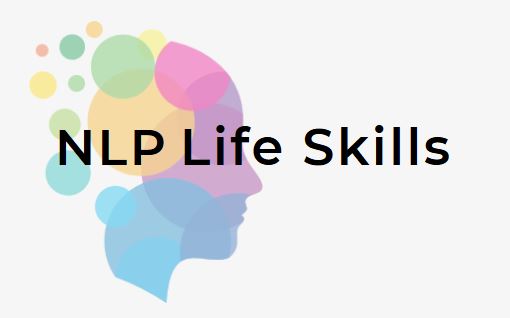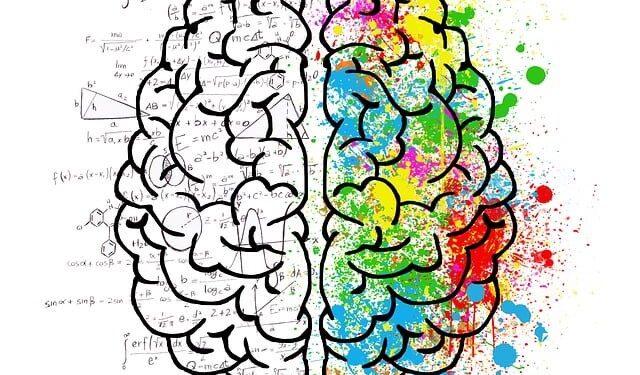Although not strictly related to NLP this material has been added to illustrate that the the NLP knowledgebase should be constantly evolving. and include the latest ideas.
A Growth mindset refers to the belief that one’s abilities and intelligence can be developed and improved through effort and learning, while fixed mindset refers to the belief that these traits are innate and cannot be changed (Dweck, 2006).
Here is an expanded explanation of the differences as outlined by Dweck’s research.
A growth mindset is a positive and empowering approach to life. It is characterized by the belief that abilities and intelligence can be developed and improved through effort and learning. People with a growth mindset embrace challenges and see failures as opportunities for growth and development, rather than as setbacks. They are driven by a desire to learn, grow, and improve, and they believe in the power of hard work and persistence. This mindset fosters a love of learning and a thirst for knowledge, and it helps people to overcome obstacles and achieve their goals. A growth mindset provides a foundation for personal and professional success and a fulfilling, meaningful life.
A fixed mindset is a limiting perspective that assumes abilities and intelligence are fixed traits that cannot be changed. People with a fixed mindset tend to shy away from challenges, avoid risk, and give up easily when faced with difficulties. They see failure as a reflection of their inherent limitations, rather than as an opportunity for growth and improvement. This mindset can lead to a lack of motivation and a narrow focus on immediate results, rather than a love of learning and a desire for self-improvement. A fixed mindset can be detrimental to personal and professional success, as it fails to recognize the power of effort and growth.
Carol Dweck and her colleagues conducted extensive research on the impact of these beliefs on motivation and achievement. They found that individuals with a growth mindset were more likely to embrace challenges, persist in the face of obstacles, and learn from failure (Dweck, 2006). In contrast, individuals with a fixed mindset were more likely to avoid challenges and give up easily when faced with difficulties (Dweck, 2006).
The growth mindset has been shown to be especially relevant in educational settings, where teachers and students can foster a love of learning and a desire for growth. Teachers who emphasize the importance of effort and learning, and who provide their students with constructive feedback and opportunities for improvement, can help to foster a growth mindset in their students (Dweck & Leggett, 1988).
The growth mindset has also been applied in the business world, where leaders and employees can use this perspective to drive continuous learning and improvement. Companies that cultivate a growth mindset culture are more likely to attract and retain top talent, foster innovation, and improve overall performance (Cameron & Quinn, 2006).
The distinction between growth and fixed mindsets has important implications for individuals and organizations. By embracing a growth mindset, individuals and organizations can promote continuous learning and improvement, and overcome the limitations imposed by a fixed mindset. This can lead to greater success, well-being, and satisfaction (Dweck, 2006).
In conclusion, the growth mindset represents a powerful approach to life that can promote personal and professional development and success. By understanding and embracing the growth mindset, individuals and organizations can unlock their full potential and achieve their goals. (Dweck, 2006).
Citations: Cameron, K. S., & Quinn, R. E. (2006). Diagnosing and changing organizational culture: Based on the competing values framework. John Wiley & Sons. Dweck, C. S. (2006). Mindset: The new psychology of success. Random House. Dweck, C. S., & Leggett, E. L. (1988). A social-cognitive approach to motivation and personality. Psychological Review, 95(2), 256-273.




